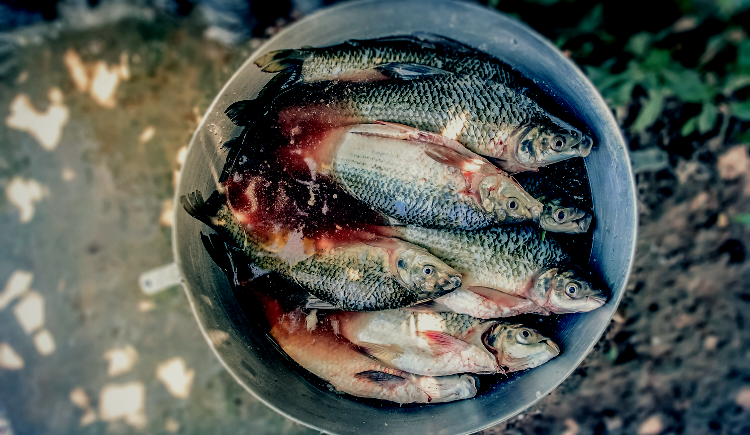At the top of President Rodrigo Duterte’s anti-crime operations, five people were murdered in Market Three, a slum in Manila whose inhabitants depend only on each other after the Coronavirus Philippines shutdown.
MANILA – Fishing is most beautiful at night when the moon is light in the sky. It is also great at midnight on the Philippines’ largest fishing port, the atmosphere was strange.
Dockers in wheat rubber boots deflated the caches from the crowded corridor against the dock. Hundreds of plastic lumber lined up in rows. They blew grippers, barracudas, tuna, flying fish, moonfish, and sardines: an average of 300 tons of fish a day.
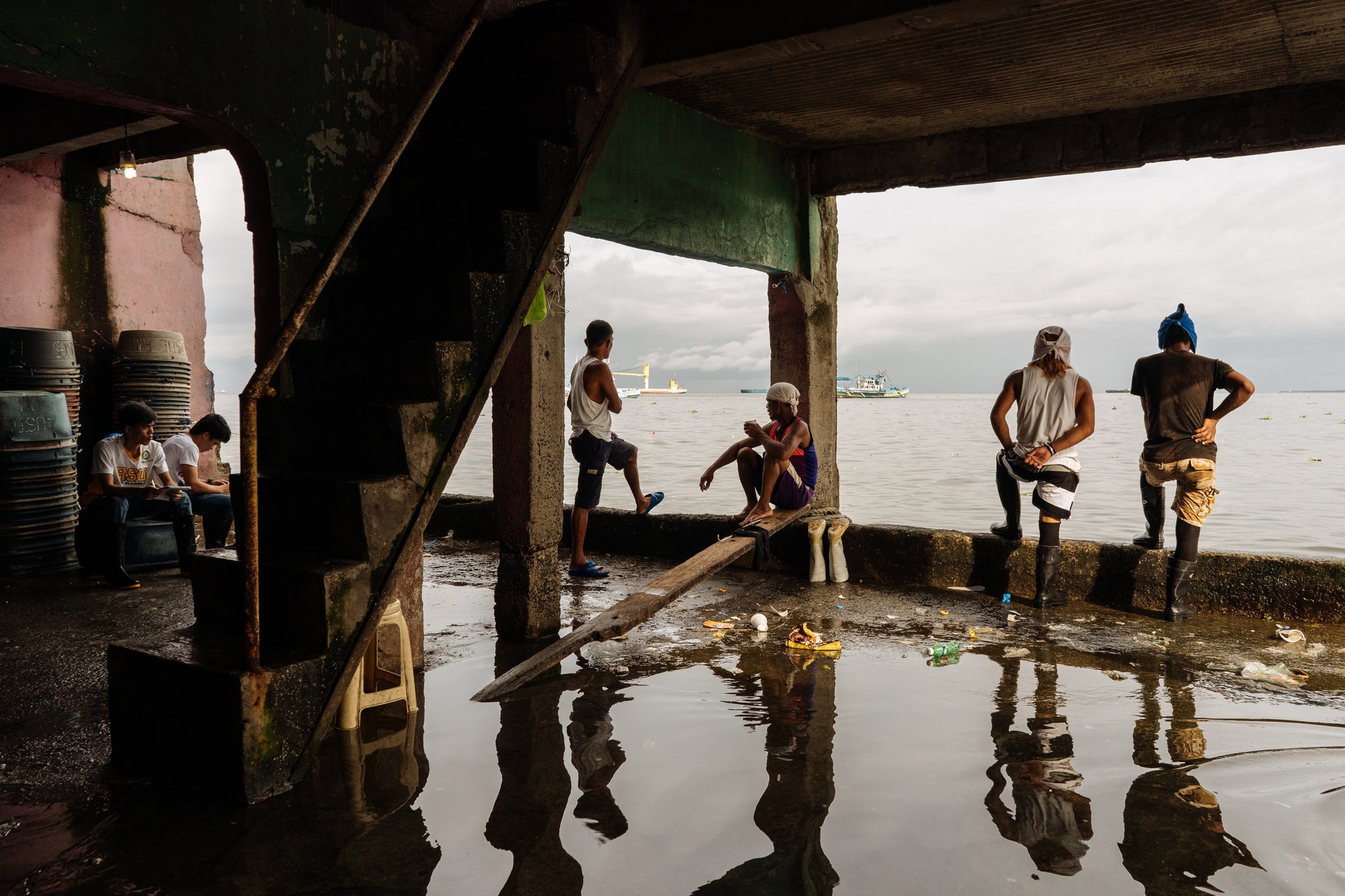
Fish port workers are seen taking a break from their morning shift in the Navotas Fish Port, in Manila, the PhilippinesCredit…
The women were filled with sludge, pockets full of cash, screaming, and prices were discussed. Returning fishermen shortly had money to devote to neighboring bars and brothels.
The Navotas Fish Port Complex, which is around a quarter-square mile away from the breakaway, is an essential sector of the economy of the Philippine capital, Manila. Last year, the government rehabilitated this port to 270 million.
But the government’s rehabilitated strategies upset the poor citizens. Because they are already passing from the unexpected shocks by Philippine authorities, they are also now fearing deportation.
In this port, there is an infamous slum known as market three. It is in the capital famous for drug dealers and killing men who wish to kill someone for $100.
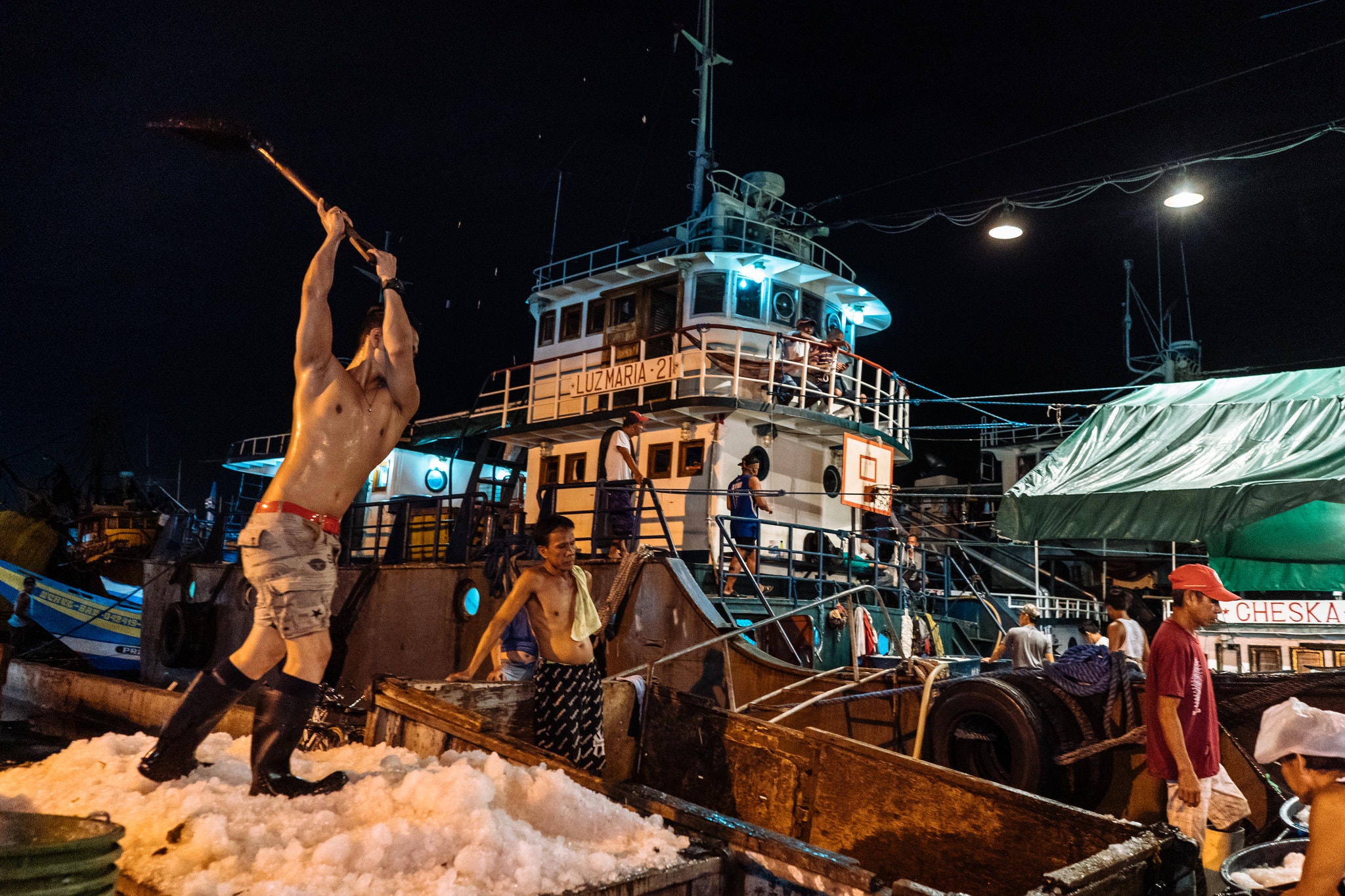
Shoveling ice to protect fish being unloaded at the port.
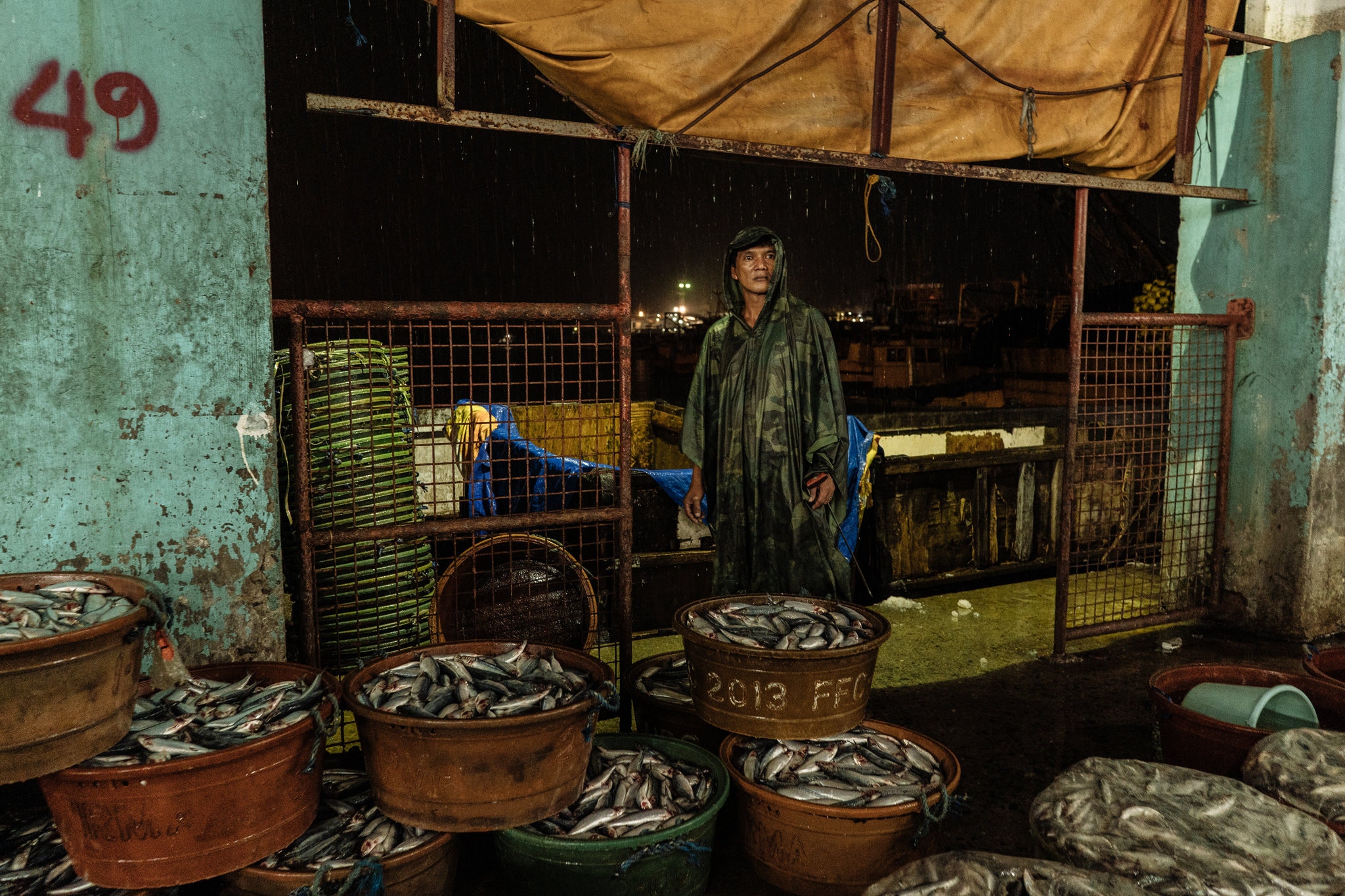
An average of 300 tons of fish a day moves through the Navotas Fish Port.
When President Rodrigo Duterte inquired about police being shot by people in an anti-drug campaign, which has killed at least 6,600 people, he has been the victim of such violence in Market Three.
Read How China Is Using Technology To Fight Coronavirus
Mr. Duterte stated in defense of his anti-drug campaign;
“What crime against humanity?” “I want to be clear with you, are they human?”
When the government’s crackdown was in peak in 2016 and 2017, the market attributed to the close ferry was the focus of the killings. However, more than a thousand or more families living here have nothing to do with the drug business.
The dead bodies were seen floating in the water, while others were killed in the house, more than five people in one night.
While inhabitants accused police of many of these executions, in the majority cases, the murderers were never recognized.
18-year-old John Felix Eduard stated;
“We’re still Scared.” He raised up in Market Three. When he was a child, he searched for fallen coins and close-knit fish, which fell through a canopy. He traded them and got money at stake for the pair.
A narrow cement path connects the proper harbor to Market Three, which rotates between a mostly empty lot familiar as the Mountain, a permanent black canal that has the size of a swimming pool, and 20 feet high outside the wall of the port.
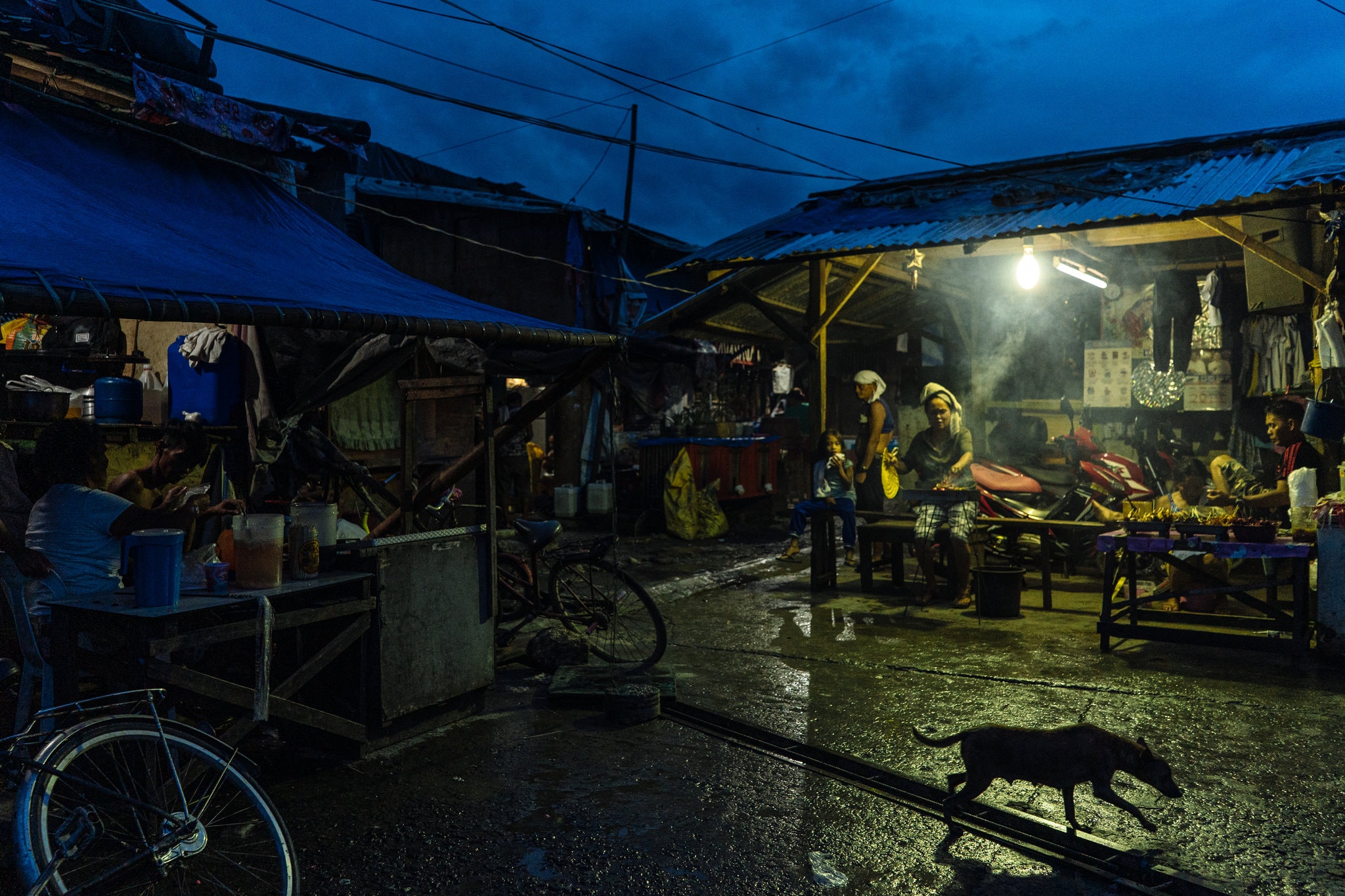
Dusk in Market Three.
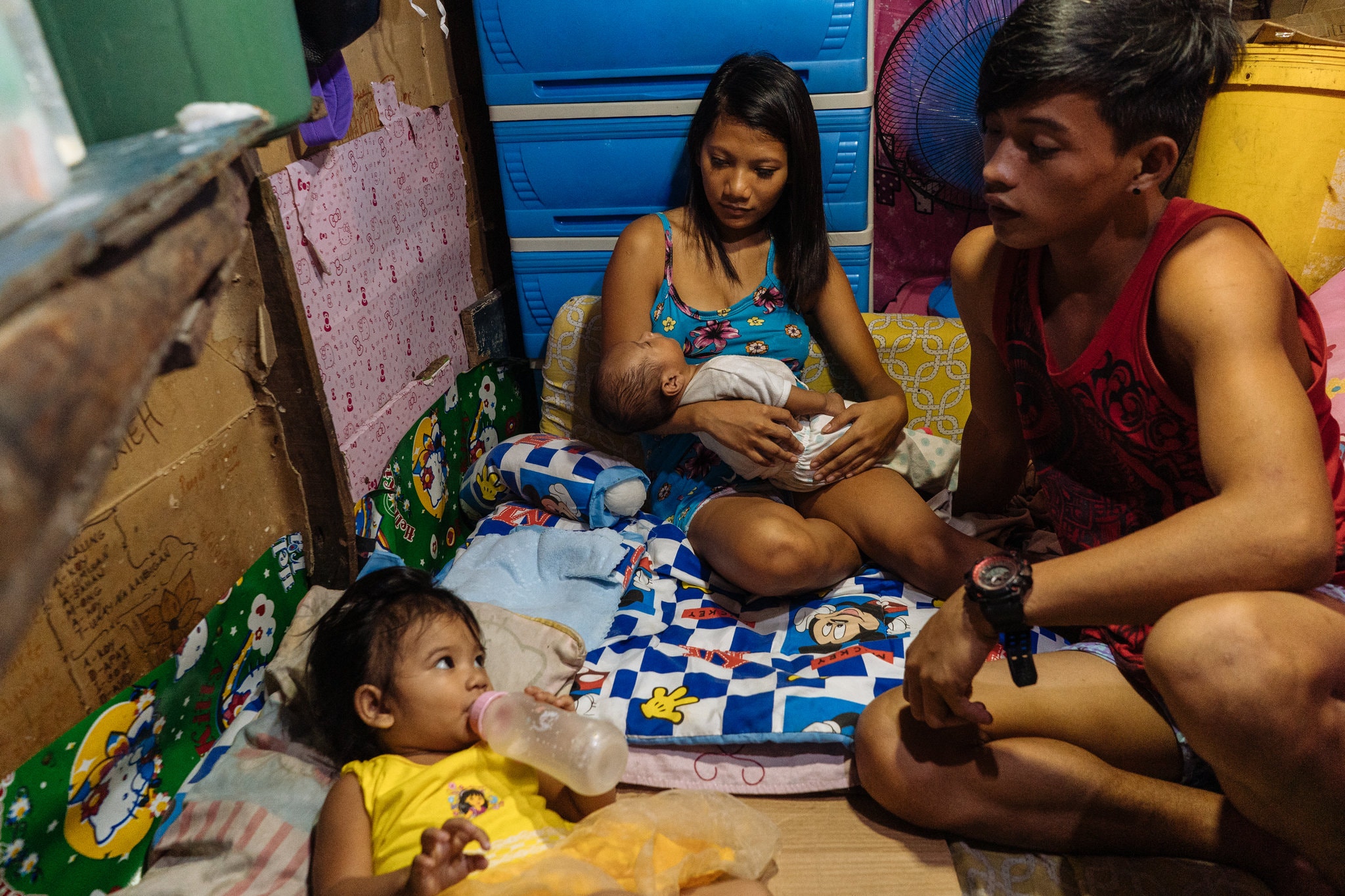
John Eduarte, right, who works at the port, with his spouse, Merry Punio, and their children Chloe, left, and Yhuan in their home in the Navotas Fish Port Complex.
When Mr. Eduarte was 15 years old, he met Merry Punio. She was also 15 years old.
Ms. Punio isn’t from the fish port and had vowed she would never go inside one of Manila’s most dangerous areas.
But when her sister started living there, she visited and discovered something surprising. “It’s a happier place than outside,” she said.
Ms. Panyu Fishport habitant. She also pledged that she would never go to Manila’s dangerous place. But when her sister came there, she begins to her, and know something surprizing.
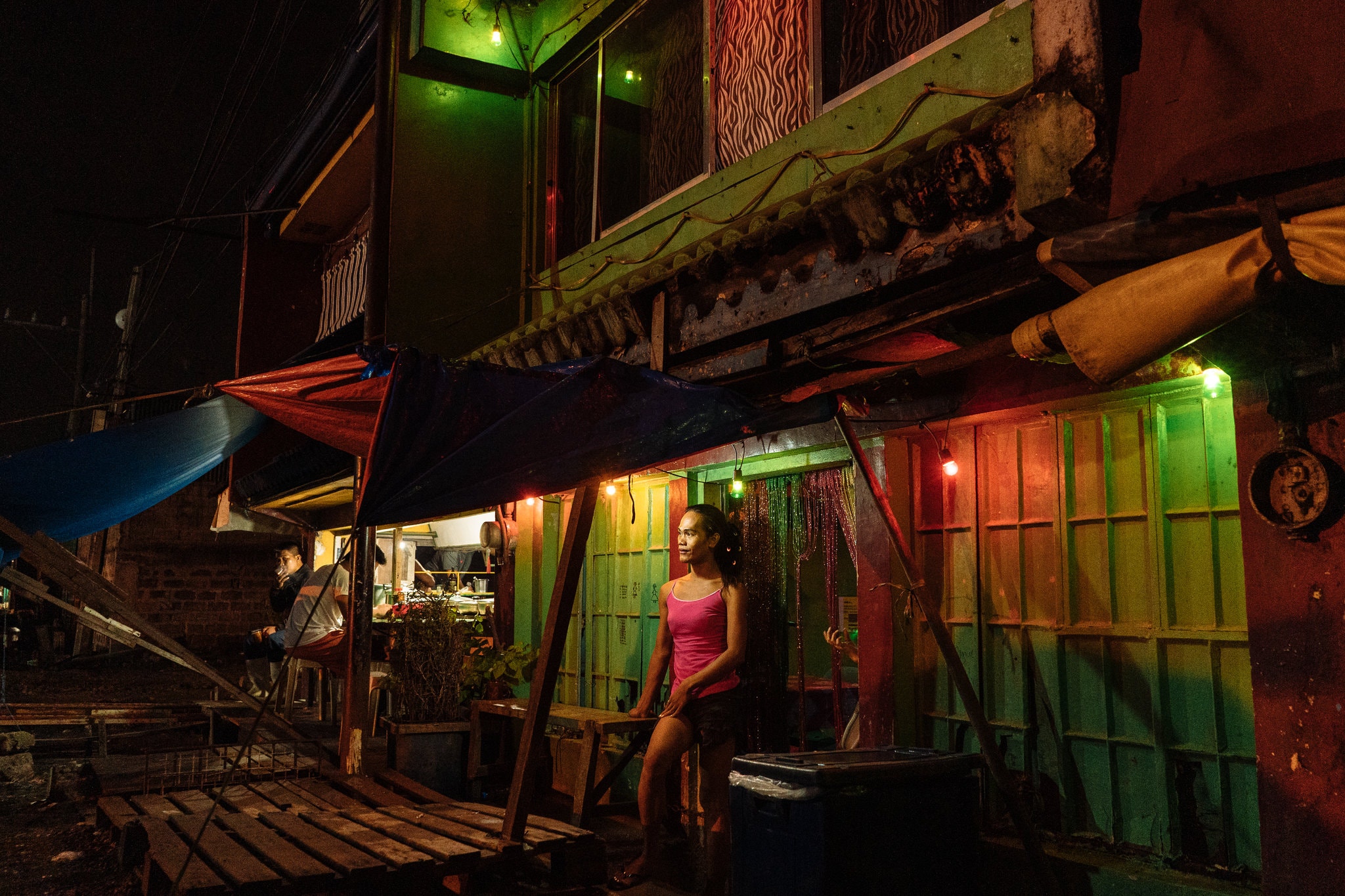
Coronavirus Pandemic – Fear and love coexist at the Epicenter of Deterte’s Drug Crackdown 4
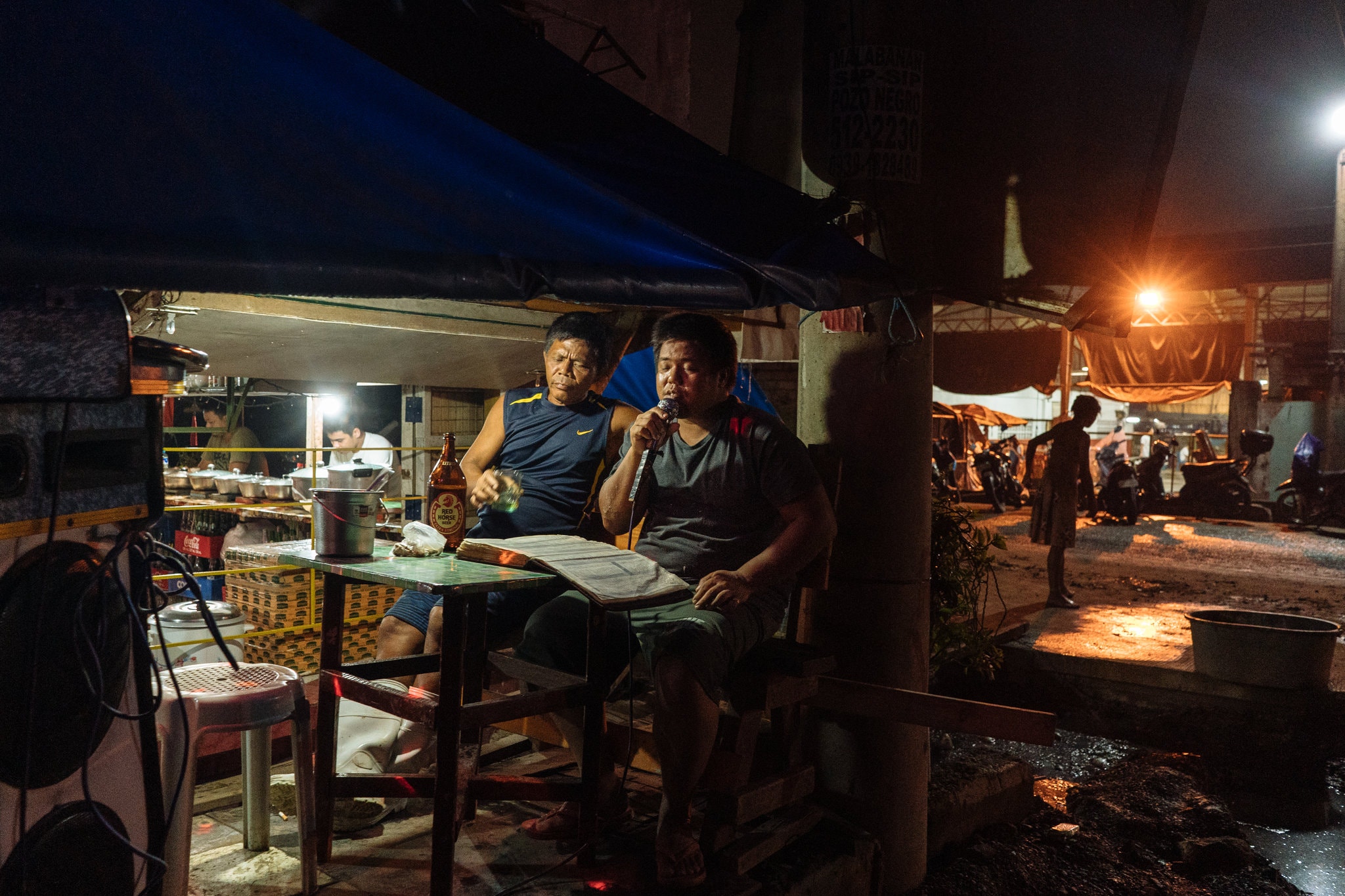
Dock workers singing karaoke, an affordable pleasure for people making a few dollars a day.
She said;
“It’s a better-off place than outside.”
In November, for the Guardian, Our Lady of Remedies, during the feast day of the Market Three, children play Agaw Boko, which includes a greasy coconut catch. Others line up for pukpok Palo with a stick whereas blindfold to smash a clay pot full of flour.
Ms. Punio moved in with her boyfriend, and they now have their home, a tiny space shorter than their height, underneath the house of Mr. Eduarte’s father.
Ms. Panyu came here with her boyfriend. Now they have their residence, near and below Mr. Eduard’s father’s house.
Within a year, he and Mr. Eduard call each other husband and wife.
They had a baby named Chloe. They never learned how to bathe her or how to fill her.
“Everyone here helped us,” she said. “You’re never left alone.”
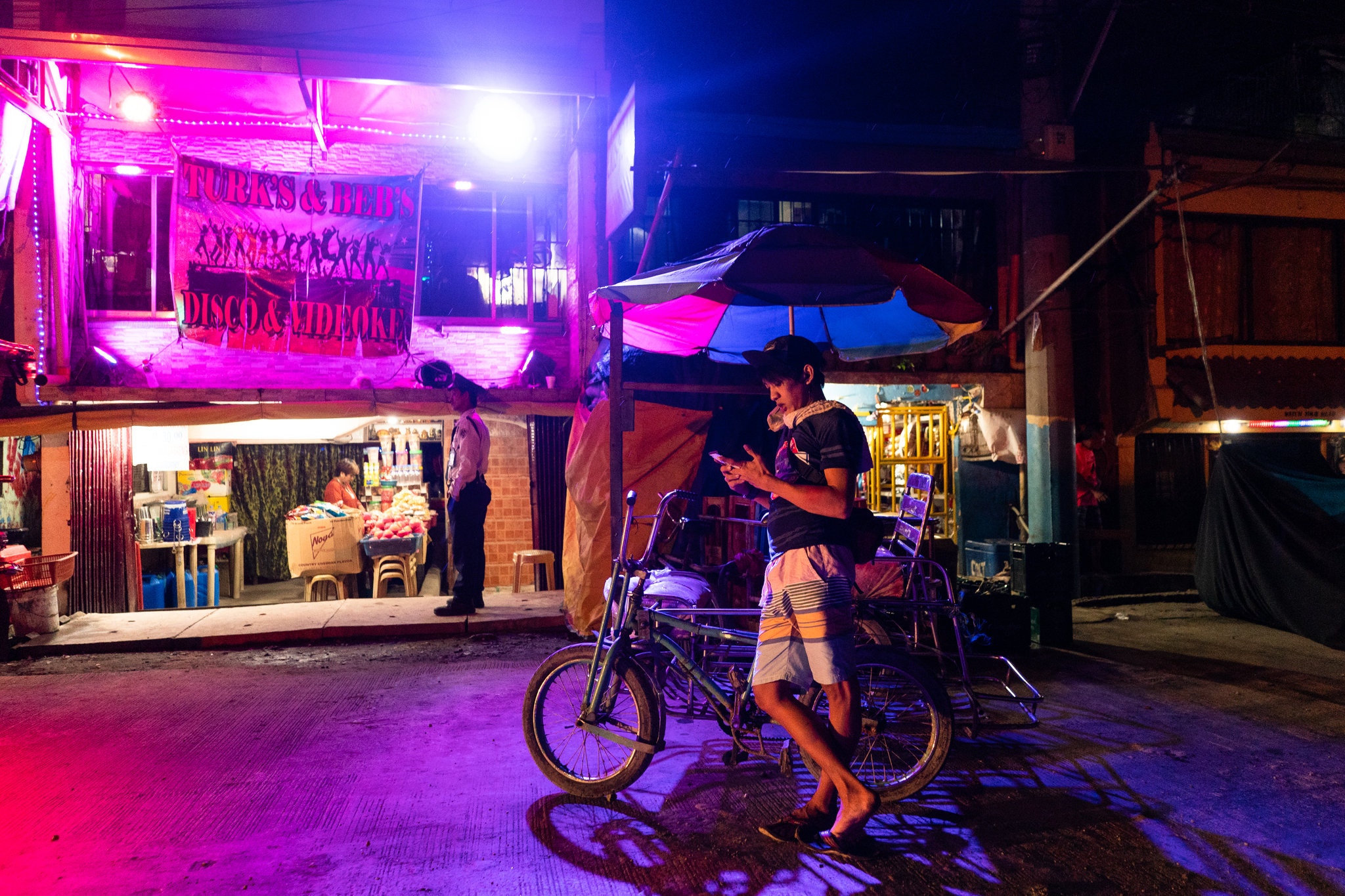
The neighborhood of Market Three was at the center of the government’s crackdown on drugs in 2016 and 2017.
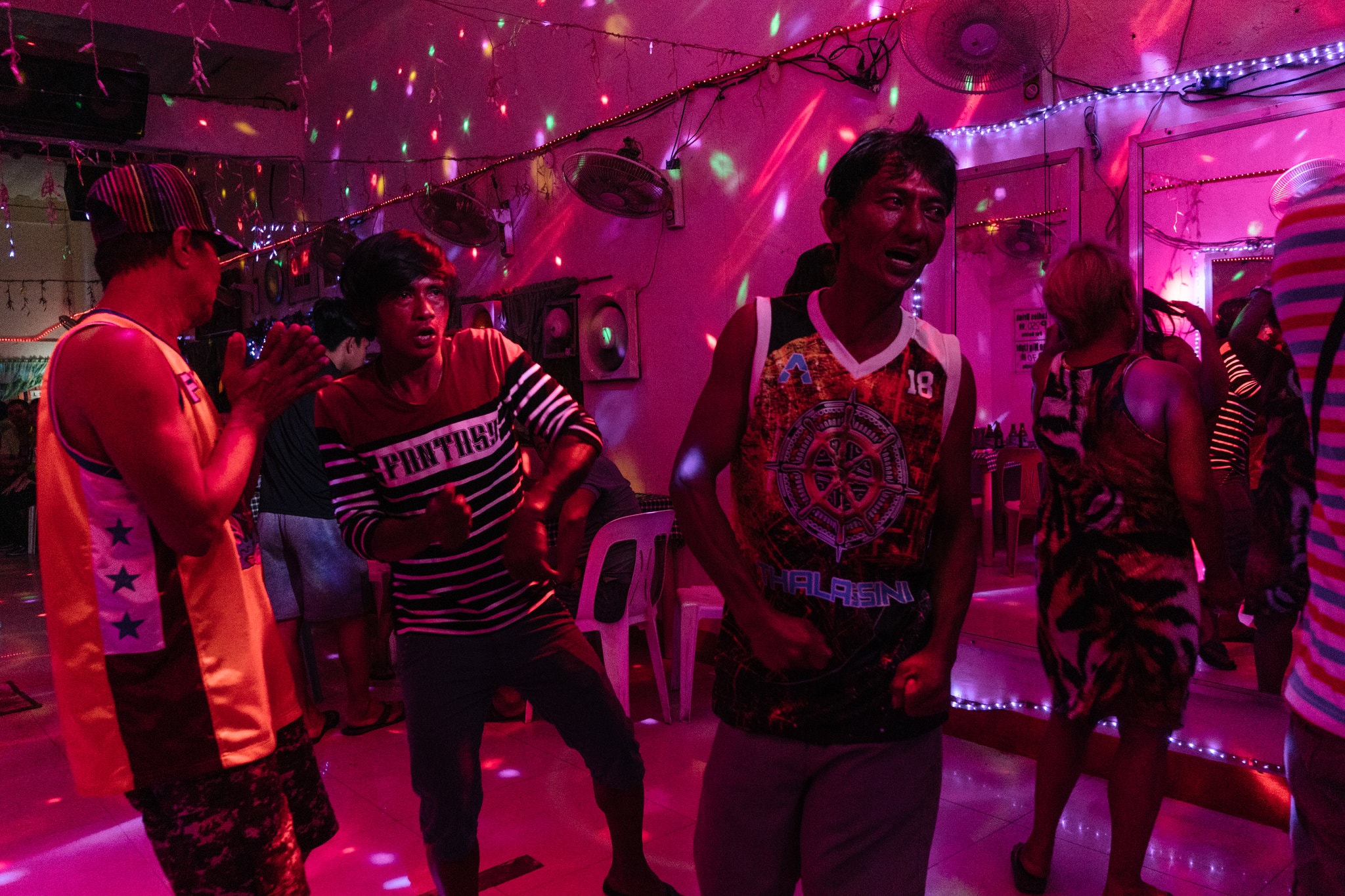
Dancing in a bar popular with dock workers and fishermen.
They have a baby, ‘Chloe.’ They did not know whether to bath her or to feed her.
She said;
“Everyone supports us,” he said.
The port is a 24-hour service, and the people who use Shabu, the local alternative of meth openly peddled in the area, say it supports them stay alert for the night rush and gives them the strength to haul heavy pails of fish until dawn.
The port remains open and function for 24-hour.
A 45-year-old Gil Dawsey Marguenot, a long time Marketplace resident, discharged Shabu’s requirement to get out of the bandits.
She stated;
“There are a lot of people who work without drugs,” he said. She leaves most of Market 3’s drug dealers alone, but she wants them to go.
As the government announces restoration strategies for the fishing complex, Ms. Marginovat, president of an organization that help the rights of casual colonizers, talks with port officials not to destroy their houses.
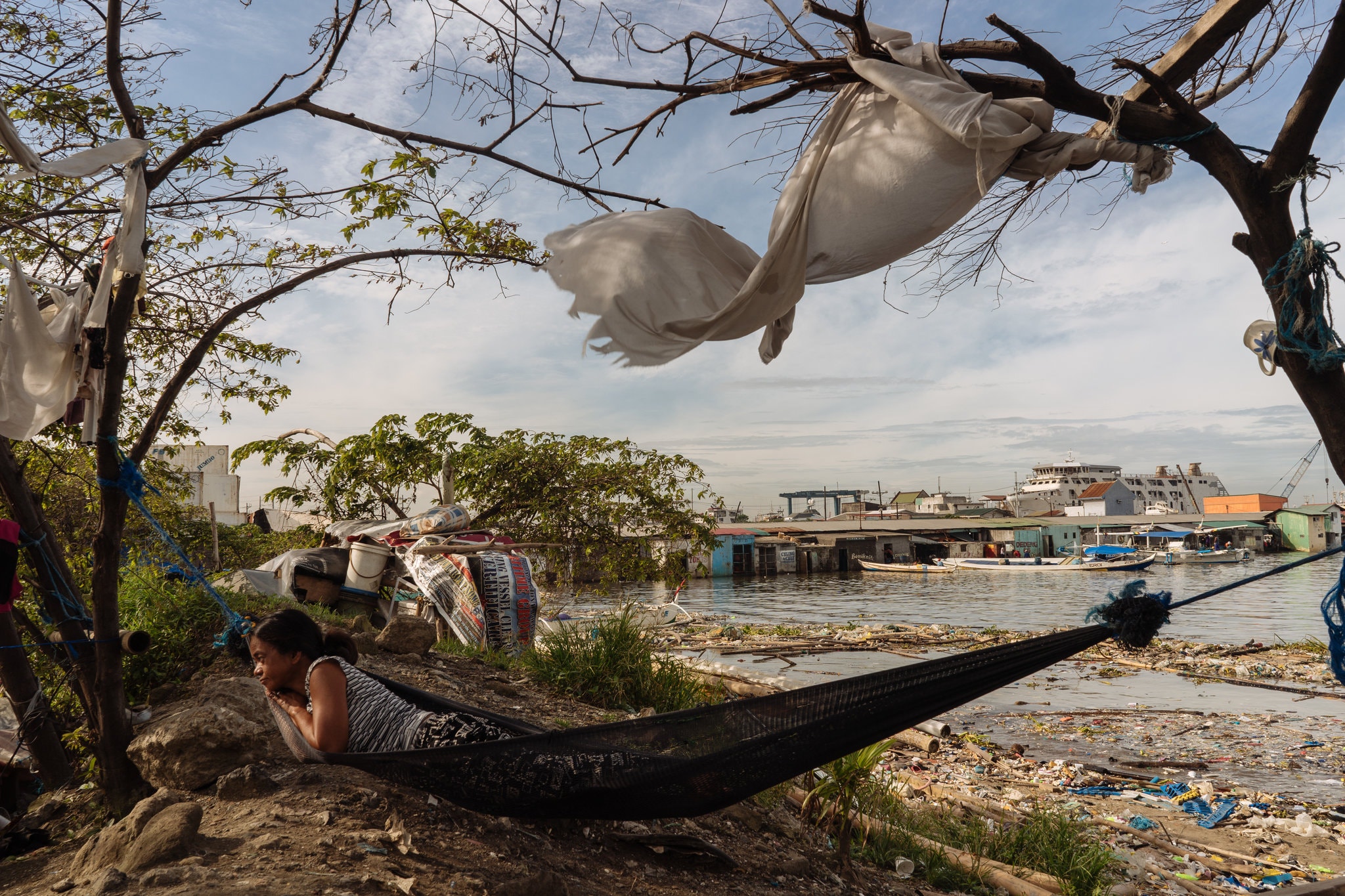
The makeshift home of a woman in Market Three who makes her living sorting fish.
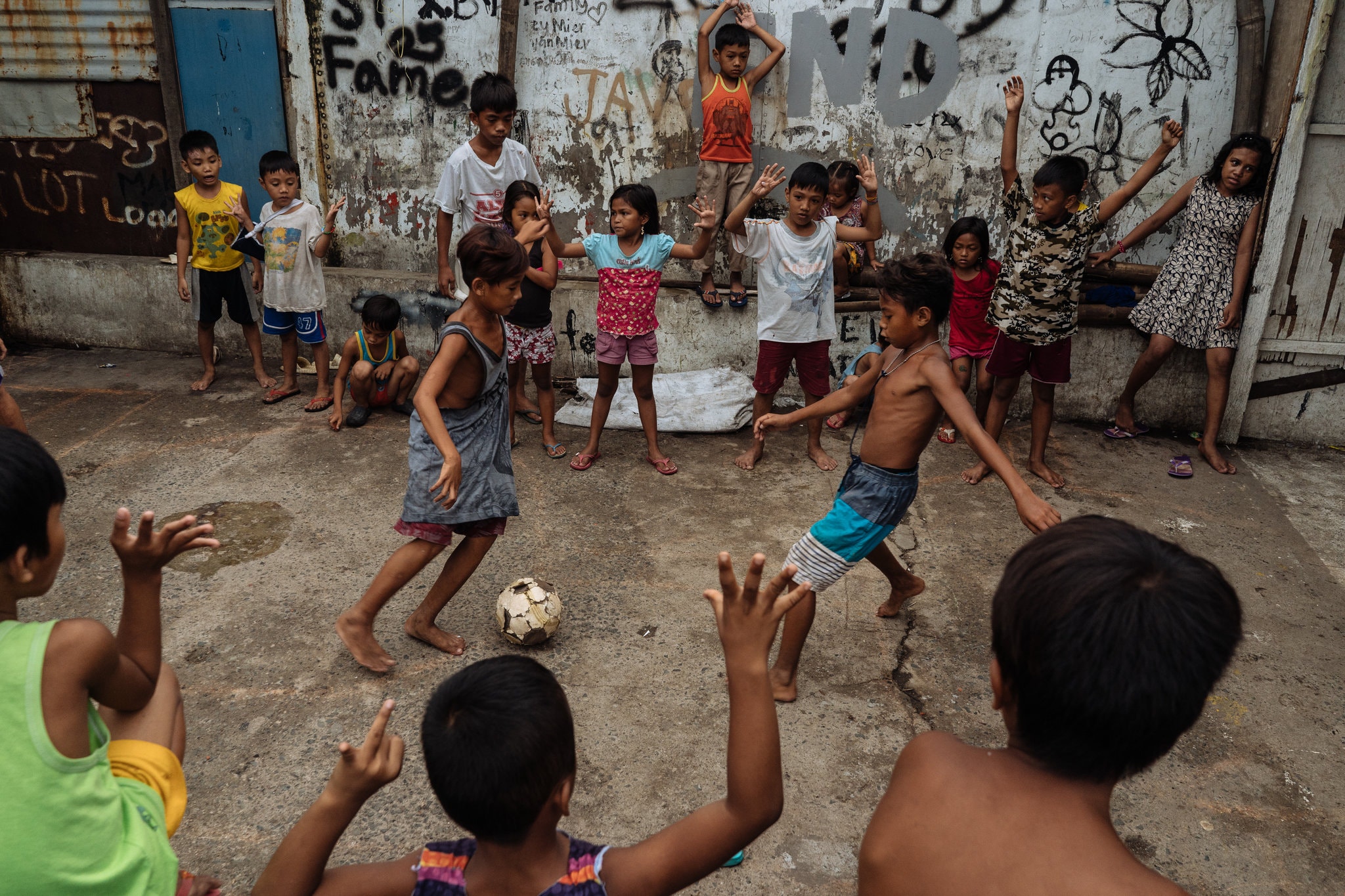
Playing soccer in the street in Market Three.
It is a fight to encourage officials that as workers, they are priceless to the fish port and that they should live a nearby place.
According to Ms. Maraguinot;
“Obviously, we do not desire to live like that. We wish a civilized place to live. But we need to live more.”
Last year, police put a CCTV camera in Market Three. Ms. Maraginot has no trust in the police. They murdered her friends and neighbors, and when they attacked, the police also missed their cell phones and television.
But if they were here to capture the drug dealers, Ms. Mergentot would have been happy to give them a chance. Since then, they also arrested several people, consisting of children as well.
After the Coronavirus Philippines shut down, inhabitants of Market Three feel abandoned by the administration. Ms. Maraginovit said a lot of in the society are surviving only on privately-served rice.
While the fishing port continues open, many day laborer jobs have wilted up.
“We can die of COVID-19,” Ms. Maraguinot said, “but we’re more likely to die of hunger.”
When the fishing port is open, many days’ labor jobs have dried up.
Ms. Maraginot said;
“We can die in COVID-19. But we are more possible to die of hunger.”
After the Coronavirus shut down most of the Philippines, inhabitants of Market Three feel abandoned by the administration. Ms. Maraginovit said a lot of in the society are surviving only on privately-served rice.
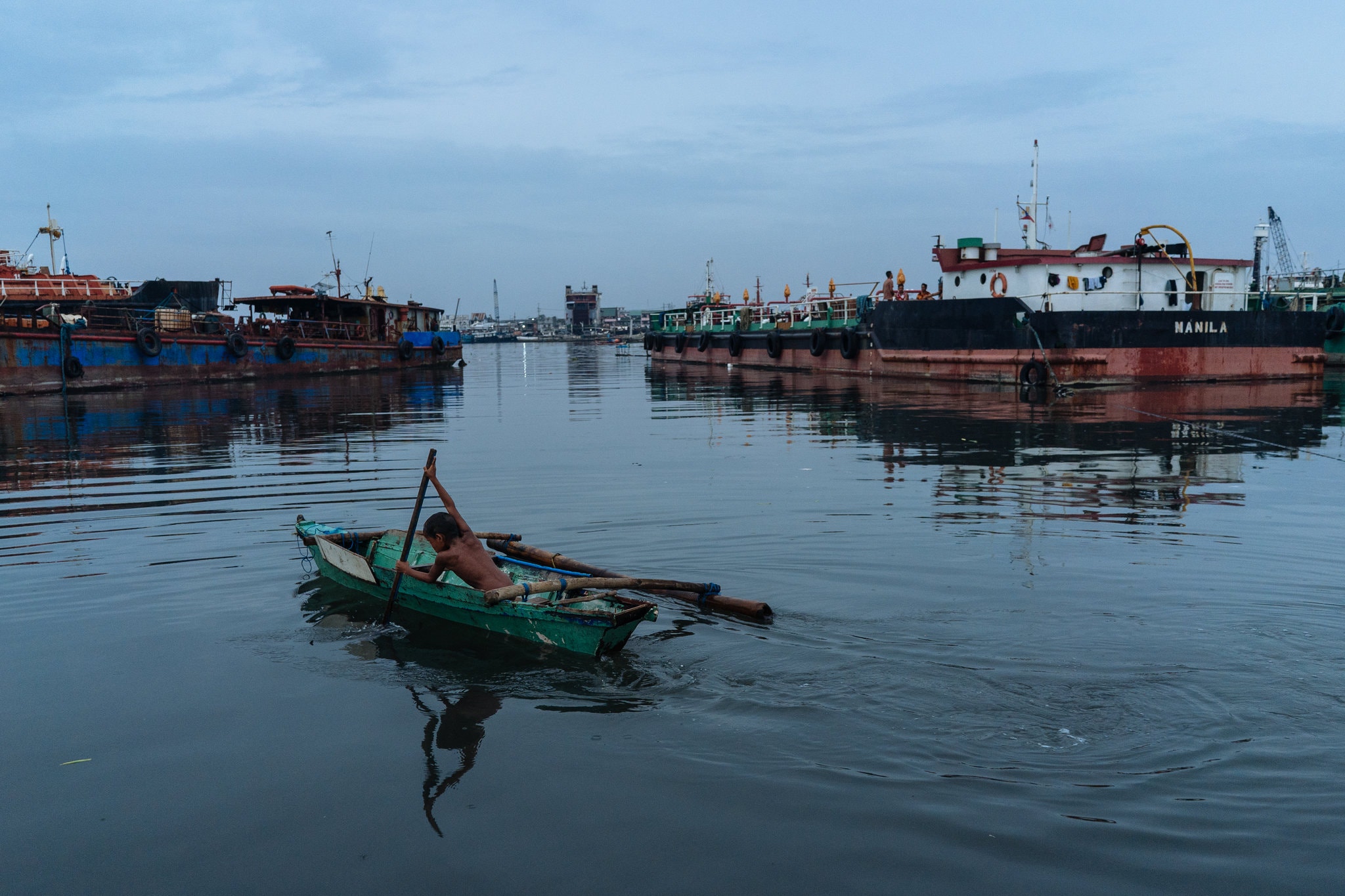
A child rowing in the waters off the port.
Source : NYtimes

